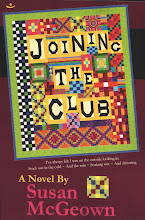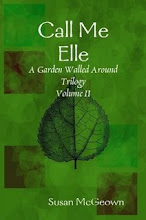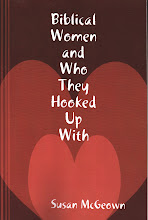- Located in modern day Greece.
- It's name means "Ornament"
- Considered the "City of Free Love and Free Thought". The city was relished for its lack of standards and freedom of thought.
- Commanded the traffic of both the eastern and the western seas.
- Greece's most important trade city and the connecting link between Rome (the capital of the known world) and the East.
- Already had a 10,000 year history at the time of Paul. The Greek poet Homer mentioned "wealthy Corinth" in 850 B.C.
- It was a center of the arts, dying, weaving, mythology, pottery, bronze work, religion, shipbuilding, inventions, and creative thought. All of the Mediterranean world came here to do business.
- The Temple of Aphrodite (or Venus) was in Corinth. It was a pagan temple with 1,000 "religious" prostitutes.
- Had a population of 500,000+
- Was a melting pot - nationally, socially, economically, and spiritually.
- Jews flocked here as a center of trade.
- Was in direct communication with the city of Ephesus.
- A gentile convert to Christianity.
- One of Paul's trusted assistants.
- Sent by Paul to Corinth to deal with difficult situations (2 Corinthians 2:4, 9; 7:8-9)
- Hand delivered the second letter of Corinthians to the Corinthians.
- Scriptural descriptions of the church include sexually immoral (I Cor. 5, 6; 2 Cor. 12:21), opposing the truth (Acts 18:1-17), gullible (2 Cor. 11:4), and incestuous (I Cor. 5:1).
- Struggled with false teachers who questioned Paul's credibility and forced him to list his credentials.
- Strongly opposed by the Jews of Corinth. In fact, they welcomed Paul after the Jews of Corinth strongly opposed him. (Acts 18:6)
- Tolerated incest and temple prostitution by its members. (I Corinthians 5:1)
- Made up largely of previously uneducated, lower-class Gentiles. (I Corinthians 1:26; 12:2)
- Had issues regarding sex (I Corinthians 6:12-19), marriage (7), love (13), eating foods that had previously been offered to idols (8), the speaking of tongues and prophecy (14), spiritual gifts (12), the Lord's Supper (11), and the resurrection of Christ (15).
- Spiritual home to Paul's good friends Priscilla and Aquila (Acts 18:18, 26; Romans 16:3; 2 Timothy 4:19) and who traveled with Paul to Ephesus.
- First Corinthians was written during Paul's third missionary journey while he was staying in Ephesus (about AD 53-56, Acts 19). Second Corinthians was written shortly after Paul left Ephesus when he was in Macedonia.
- The letters were in response to the Corinthian's letters asking for advice (I Corinthians 5:9), reports Paul had received, and visitor accounts Paul had heard.
- Corinthians' themes are: Christian behavior, evangelism, unity and love in the church, marriage/divorce/single life, the Lord's Supper, the church as a body, and the resurrection.
- The Book of Corinthians is "the most intensely practical of all St. Paul's letters. It was written to meet immediate needs of his converts." A.H. McNeile
Incest. Prostitution. False Teachers. Uneducated. Gullible. Sexually immoral.
- Would you attend this church? Join this church?
- At what point do you draw the line in your life that someone or something is "beyond help"?
- What type of spiritual danger do any one of the above imply to a new Christian's faith?
Were you responsible for ministering to such a church, what would your words (verbal and written) be like?

.jpg)













No comments:
Post a Comment